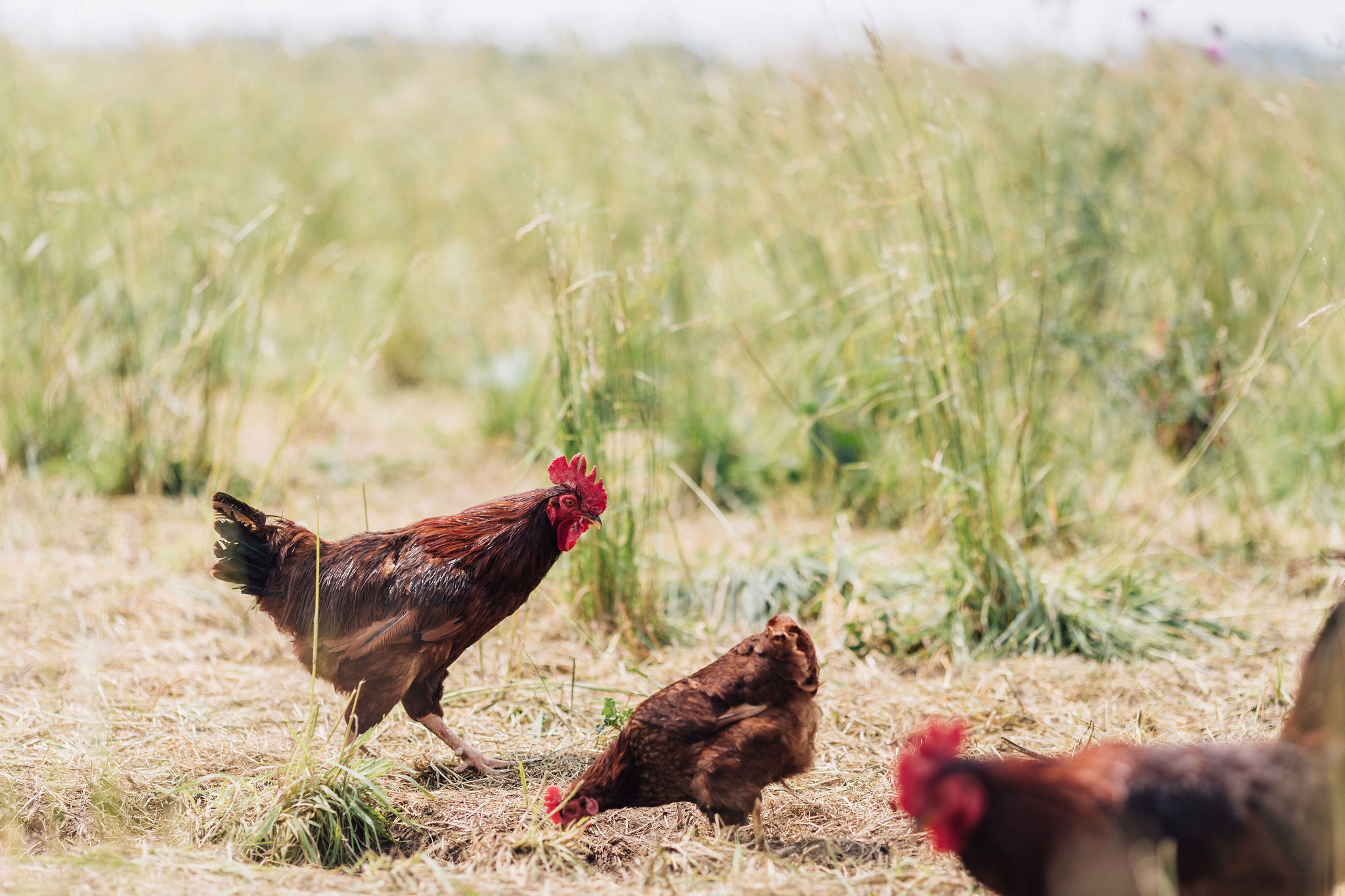We have the best sh*t
posted on
May 29, 2020
Farmer Aaron told me a fascinating story. It all started about a month ago when he had way too much manure and offered it to a neighboring conventional farm.
At first, the neighboring farmer said no. Then the farmer said he’d deliver it to him. The neighboring farmer agreed.
The neighboring farmer spread his manure on one half of his pasture and Miller’s manure on the other half. There was a clear divide in the pasture where the manure was spread. Over the next few weeks as the pasture grew in, there was a clear difference between the two sides.
The pasture with Miller’s manure was 1-2 feet higher than the pasture with conventional manure. The neighboring farmer could see it from quite a distance.
Now the neighboring farmer knows that Miller’s has the best sh*t. He wants more manure!
So, what’s going on here? Why did conventional manure result in a lower yield? Why did Miller’s manure result in healthier pasture?
The main reasons why conventional manure is substandard is the routine use of antibiotics, hormones, and synthetic chemical pesticides and fertilizers. Most farms using these practices have mono-cropped fields and confined feeding operations.
The use of antibiotics contributes to antibiotic-resistant bacteria. This transfers in the manure. It not only increases the risk of infectious disease transmission but also disrupts the wonderfully abundant soil microbiology needed for healthy pastures.
The use of hormones in animals creates a false sense of health. Conventional manure simply doesn’t have the same nutrient content as naturally healthy cow manure. The better the food, the healthier the cow, and the more nutrient-rich the manure. And, a side note is that hormones do transfer to manure, get in the water system, and negatively affect the fertility of fish, frogs, and other marine life.
Similarly, the use of synthetic pesticides and herbicides creates a false sense of health in the soil. Chemical fertilizers and pesticides transfer to the corn and soy that is fed to conventional cattle. It then goes in the manure and is spread on pasture. Now you have glyphosate and other chemicals in your field… and not naturally occurring nutrients.
As you can see, there are many reasons that organically grown and regenerative farming practices produce a much higher quality manure.
Farmer Aaron is a regenerative farmer. This means that he is committed to constantly improving the health of his soil, the health of his animals, and the quality of his food.
Farmer Aaron’s manure increases the amount of available minerals in the manure. It improves the natural microbiology of the soil. And, it improves his yields. It just works.
As you can see, there are many reasons that our sh*t is the best.
You can help the cause in your home garden. Stay away from anything synthetic and source quality natural fertilizers. Rotate plants or use permaculture techniques to improve soil quality. Let nature do all it can naturally.
And you can help the cause by supporting farmers who use regenerative farming practices like our farm. Thanks for your support making our world a happier and healthier place to live!




